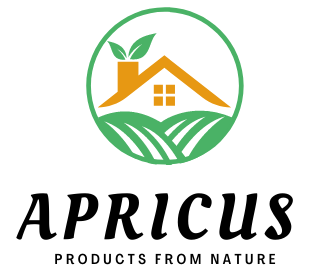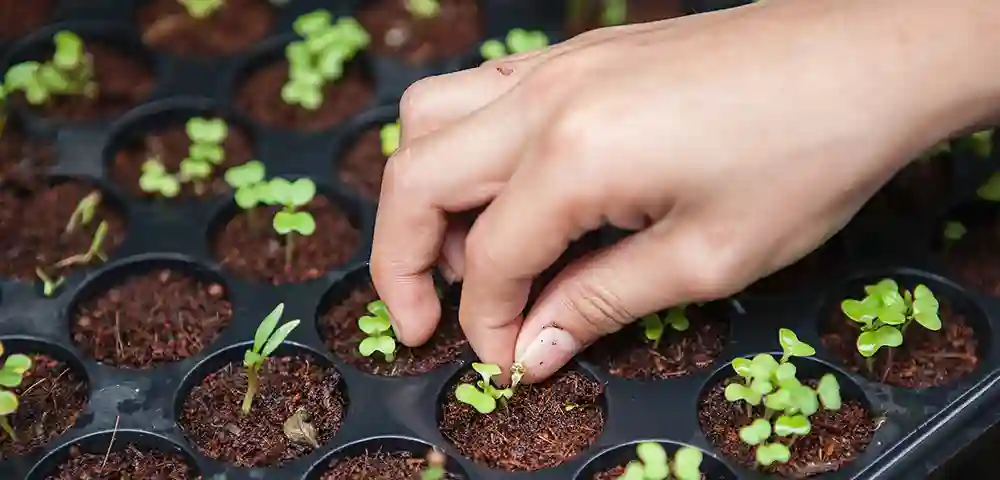Organic farming is a method of agriculture that emphasizes the use of natural methods to grow crops and raise livestock. It avoids the use of synthetic fertilizers, pesticides, and genetically modified organisms (GMOs) and instead relies on natural methods to enhance soil fertility, control pests and diseases, and maintain the health and well-being of the animals.
Jamaican farmers can implement organic farming by following these steps:
1. Research and planning
Before converting to organic farming, farmers should research the requirements and regulations for organic farming in Jamaica. They should also consult with other organic farmers and experts to get a better understanding of the method and how to apply it to their farm.
2. Soil management
Organic farming relies on healthy soil to grow crops. Therefore, farmers should work to improve the fertility and structure of their soil by adding organic matter, such as compost, and using cover crops. This will help to increase the soil’s ability to retain water and nutrients, which is essential for healthy plant growth.
3. Crop rotation
Organic farmers should use crop rotation to help keep pests and diseases in check. By rotating the crops grown in a field from year to year, farmers can reduce the build-up of pests and diseases that are specific to certain crops.
4. Pest and disease management
Organic farmers rely on natural methods to control pests and diseases. This can include using beneficial insects, such as ladybugs and lacewings, to control pest populations and using natural remedies, such as neem oil, to control diseases.
5. Livestock management
Organic farmers should also focus on maintaining the health and well-being of their livestock. This can include providing them with a diet of organic feed, giving them access to pasture, and using natural methods to control parasites and diseases.
Practical examples of organic farming include:
- A Jamaican farmer using companion planting to control pests and diseases. For example, planting marigolds near tomato plants can help to deter pests that are specific to tomatoes.
- Another farmer using vermiculture to create a natural fertilizer. Vermiculture involves using red worms to decompose organic matter, such as food scraps and yard waste, to create a nutrient-rich fertilizer for the farm.
Conclusion
organic farming is an effective method of agriculture that emphasizes the use of natural methods to grow crops and raise livestock. Jamaican farmers can implement organic farming by researching and planning, managing their soil, using crop rotation, managing pests and diseases, and managing their livestock in a natural way. By following these steps, Jamaican farmers can improve the sustainability and productivity of their farms while preserving the environment.




